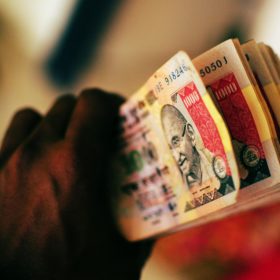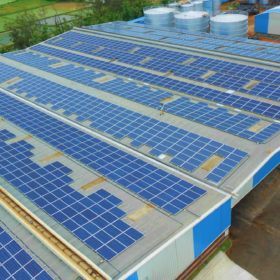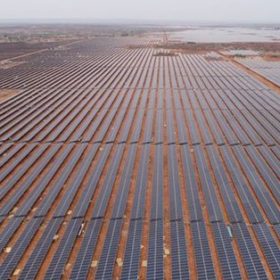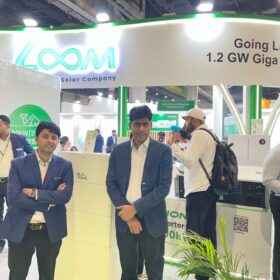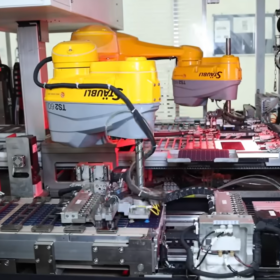In SECI and NTPC PPAs, discom profile is integral for counterparty analysis: Ind-Ra
While Solar Energy Corporation of India and NTPC fare better on tariff payment obligations than directly selling to discoms, all other obligations need to be met by them only to the extent they are met on a back-to-back basis by discoms.
NSEFI seeks liquidity fund for utilities to clear solar power dues
The lobby group has written to the Ministry of New and Renewable Energy to create a fund for providing liquidity to State Discoms and thereby clearing the dues to independent solar power producers.
SECI amends 2 GW solar tender for state-run power generators
Micro and mini grid-connected projects will also be considered. Further, SECI has notified waiver of ISTS charges and losses and 6-month extension in the commissioning date.
EDEN Renewables seals power supply agreements for 716 MW of new solar capacity
The deals will pave the way for four new solar parks that are set to be commissioned towards the end of next year.
MNRE approves 12 GW solar scheme for public sector undertakings
Up to Rs7 lakh of funding assistance per megawatt will be available to developers who deploy PV capacity for consumption by public entities. The energy produced will be supplied with a Rs3.50/kWh ceiling tariff and projects will be subject to strict domestic content requirements.
Delhi Police buildings will soon have rooftop solar systems
Under an MoU signed with Solar Energy Corporation of India, grid-connected rooftop solar systems totaling 3-4 MW capacity will be installed on more than 200 police establishments across the capital.
Another 1.2 GW tender, with Madhya Pradesh as delivery point
Unlike the other, India-wide 1.2 GW tender, rolled out simultaneously, the delivery point for these projects should be chosen from designated inter-state transmission system substations in Madhya Pradesh.
SECI tenders further 1.2 GW of solar across India
The Solar Energy Corporation of India has invited bids to set up 1.2 GW of grid-connected solar under the fifth phase of its national interstate transmission system program. The projects – to be established on a build, own, operate basis – will be awarded through e-bidding and a reverse auction with a tariff ceiling of Rs2.65/kWh. Bidding closes on July 31.
French developer Engie reaches 1.5 GW renewables capacity in India
The company recently bagged a total capacity of 480 MW in Gujarat, including 200 MW wind and 280 MWp solar. Its 338 MWp solar project at Kadapa Solar Park in Andhra Pradesh has also gone live.
SECI revamps manufacturing-linked mega solar tender
Global bids are now invited to set up 2 GW of solar manufacturing capacity linked to 6 GW of inter-state-connected solar power projects. The projects—to be developed on ‘build-own-operate’ basis—shall be awarded through tariff-based competitive bidding followed by e-reverse auction. Tariff ceiling is fixed at Rs 2.75/kWh for a period of 25 years. Bidding closes on July 26.

